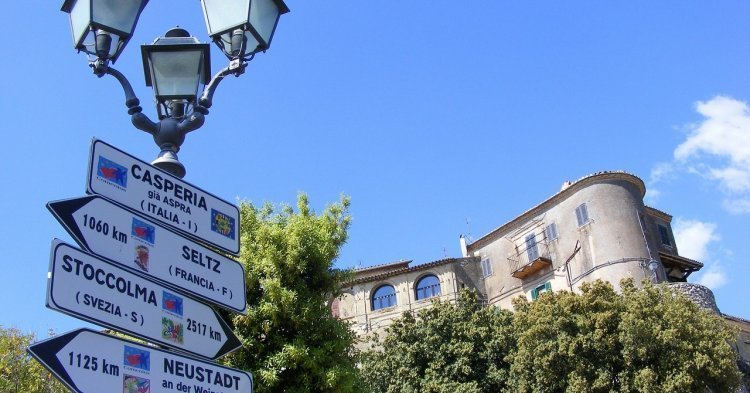Always more with Erasmus+
Erasmus+ is a programme for education, training, youth and sport, that offers the possibility for young high school and higher education students, trainees and professionals, under-30s, with or without a degree, to strengthen their competences in order to gain in terms of employability. In 2014-2020, four million people are going on an Erasmus mobility. The Erasmus programmes have gained in credibility and popularity thanks to its arrangement based on the three following “Key Actions”:
“Learning mobility”, but for whom exactly?
Mobility, but for whom? This fundamental learning opportunity is offered to educational and associative teams (training, teaching missions), as well as young people with or without a degree (volunteering), students and interns, graduates, young people in professional training, and decision-makers in the youth sector.
“Cooperation for innovation and the exchange of good practices”
Cooperation, and partnerships for innovation and the sharing of experiences are strengthened at all educational levels, in adult education and professional training. Several types of partnerships are established:
- Knowledge alliances connect higher education institutions to businesses, the aim being to innovate and adapt academic qualifications to changes in jobs.
- Sector skills alliances aim to help bring professional training institutions closer to businesses with a view to modernising training practices or creating new industries, for example.
- Cooperation projects are directed towards educational and training actors to amplify, adapt and transfer innovative practices between them so as to support and create cooperation activities.
- International cooperation with countries outside Europe aims to modernise and strengthen links in higher education.
To complete successfully this kind of partnerships, the Erasmus+ programme got equipped witj online platformsn, in order to sustainably increase a network-based cooperation between actors, partners and beneficiaries of the system. An example of these is the eTwinning initiative for schools.
Support for policy reform
Supporting reforms in education, training and the youth field is far from being trivial when you want to strengthen mobility in Europe. Hence the importance of creating a structured dialogue between young people and decision-makers, of using the Jean Monnet initiative to promote “education, research and debate on the history, politics, economy, law etc. of the European Union, and cooperation in the field of sport”.
A cloud in the horizon: mobility remains the choice of a minority
However, even today mobility remains the choice of a minority. In higher education, fewer than 15 percent of European students interviewed for the Eurostudent survey have benefited from an international mobility experience, be it studies, internships or a language exchange. Mobility would seem to be embraced by people training for liberal professions and generally students at Bachelor’s level or higher (83%).
The financing, the lack of information and language skills form the top three of obstacles to international mobility, according to a report from March 2012. Financially first, the lack of personal resources and the insufficiency of grants force many students to give up on leaving for Erasmus. Linguistically, one can observe a certain absence of preparation, support and follow-up in a great number of institutions.
If one can see a tension between the massification on the other hand, and the ’path to excellence’ aspect on the other, the persisting image remains that of the “L’Auberge Espagnole” film, making personal development and university tourism the main added value of Erasmus programmes. Nevertheless, it’s certainly worth doing! It’s now up to you to try.



Follow the comments: |
|
